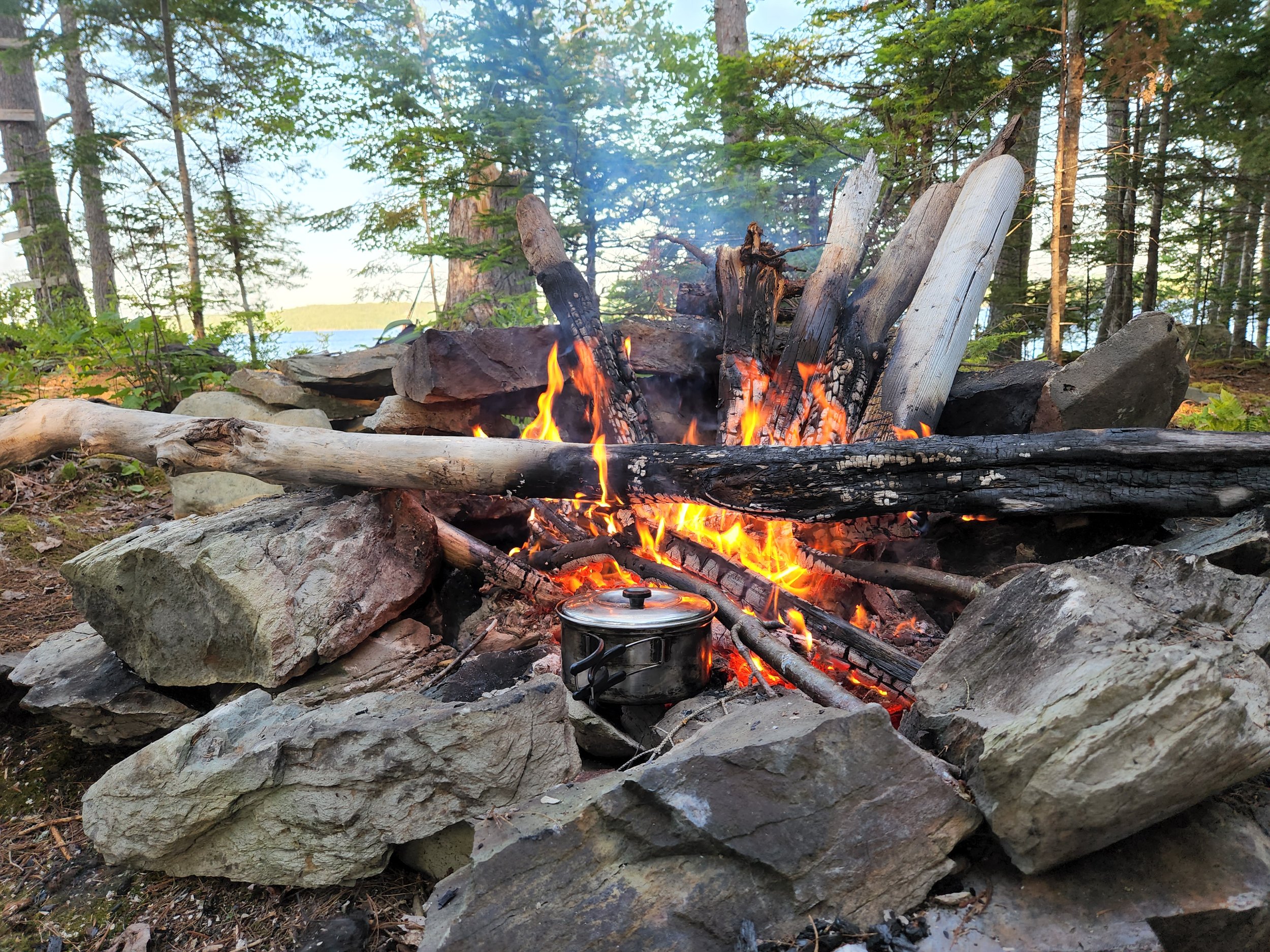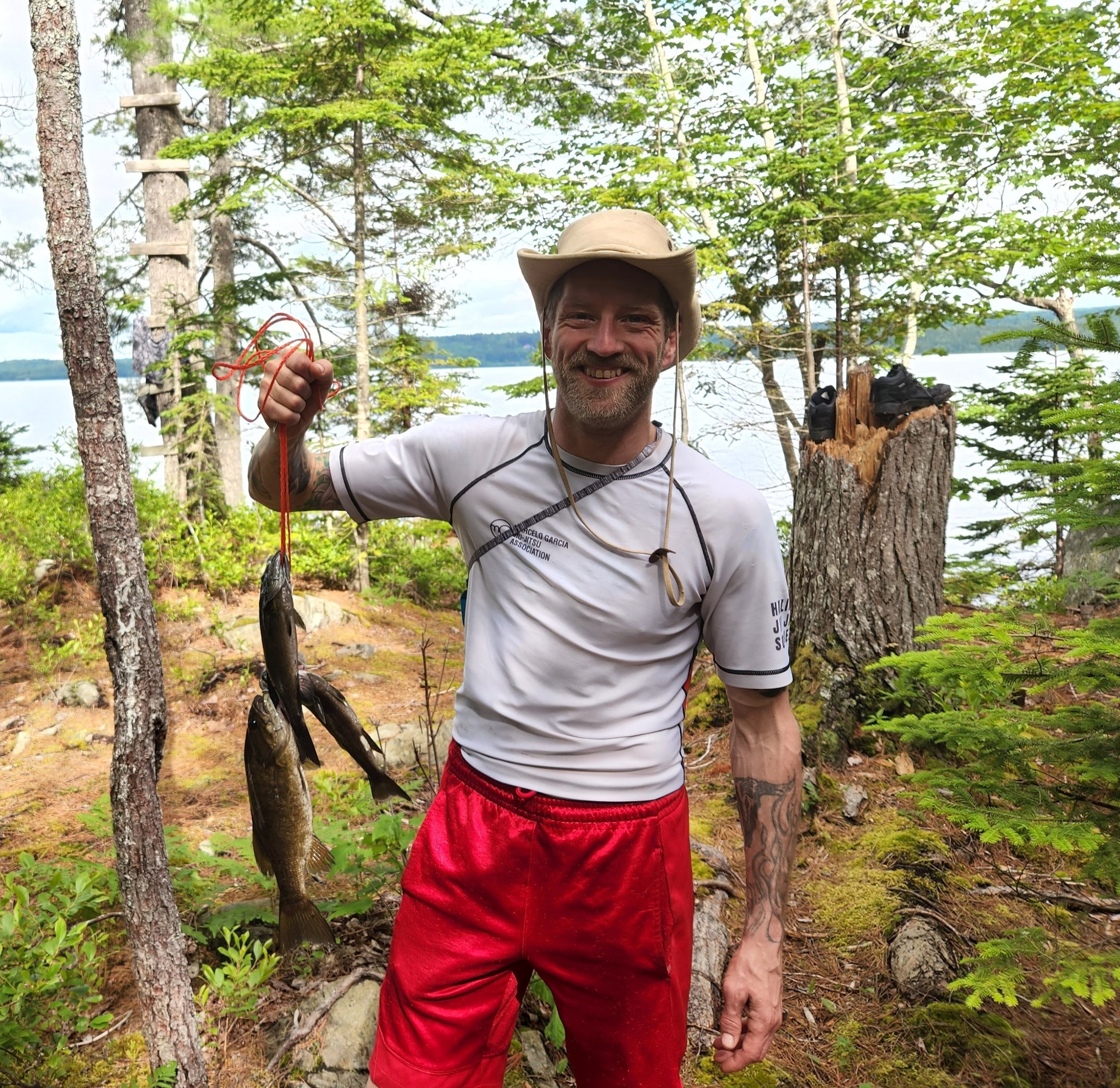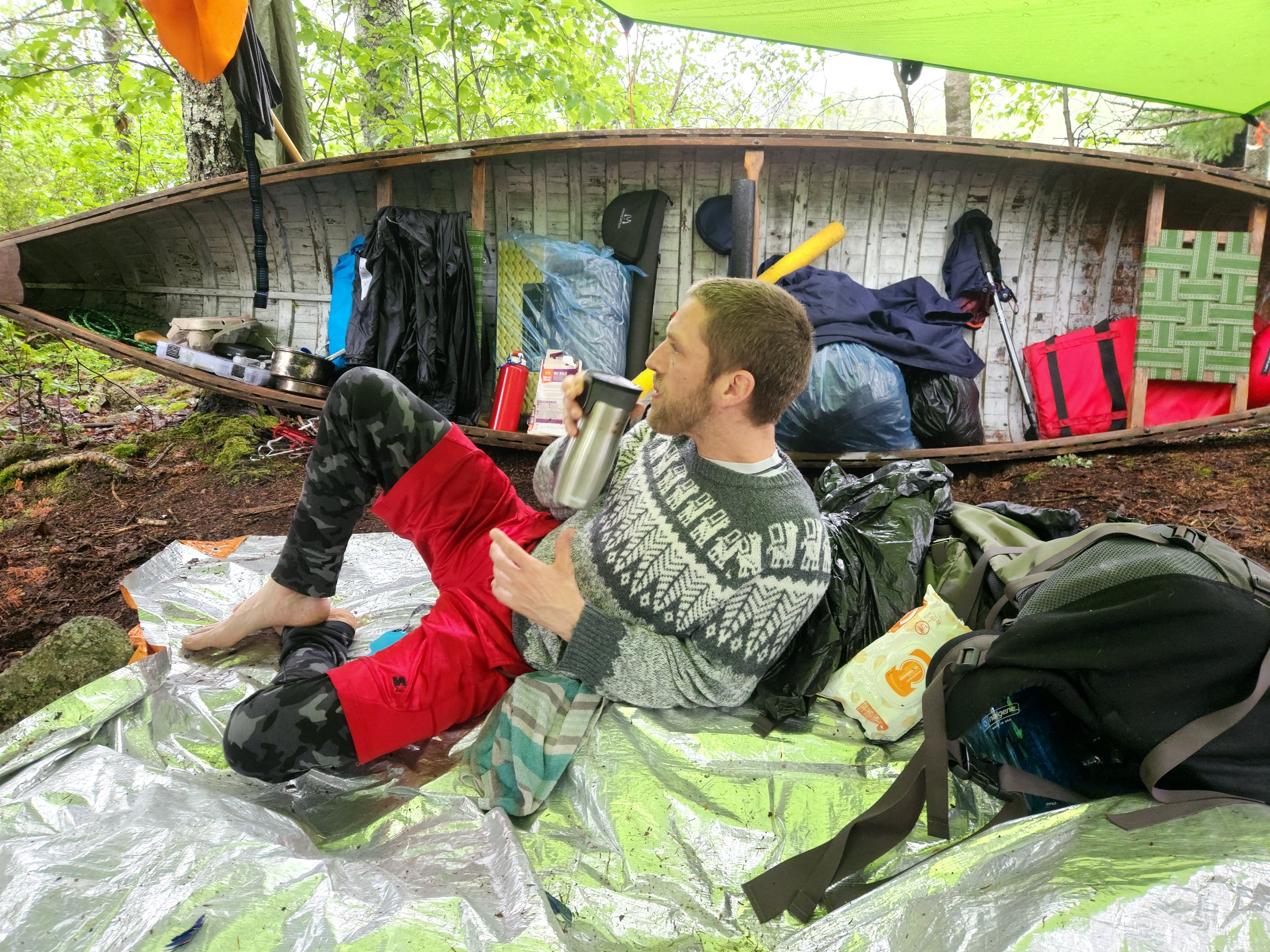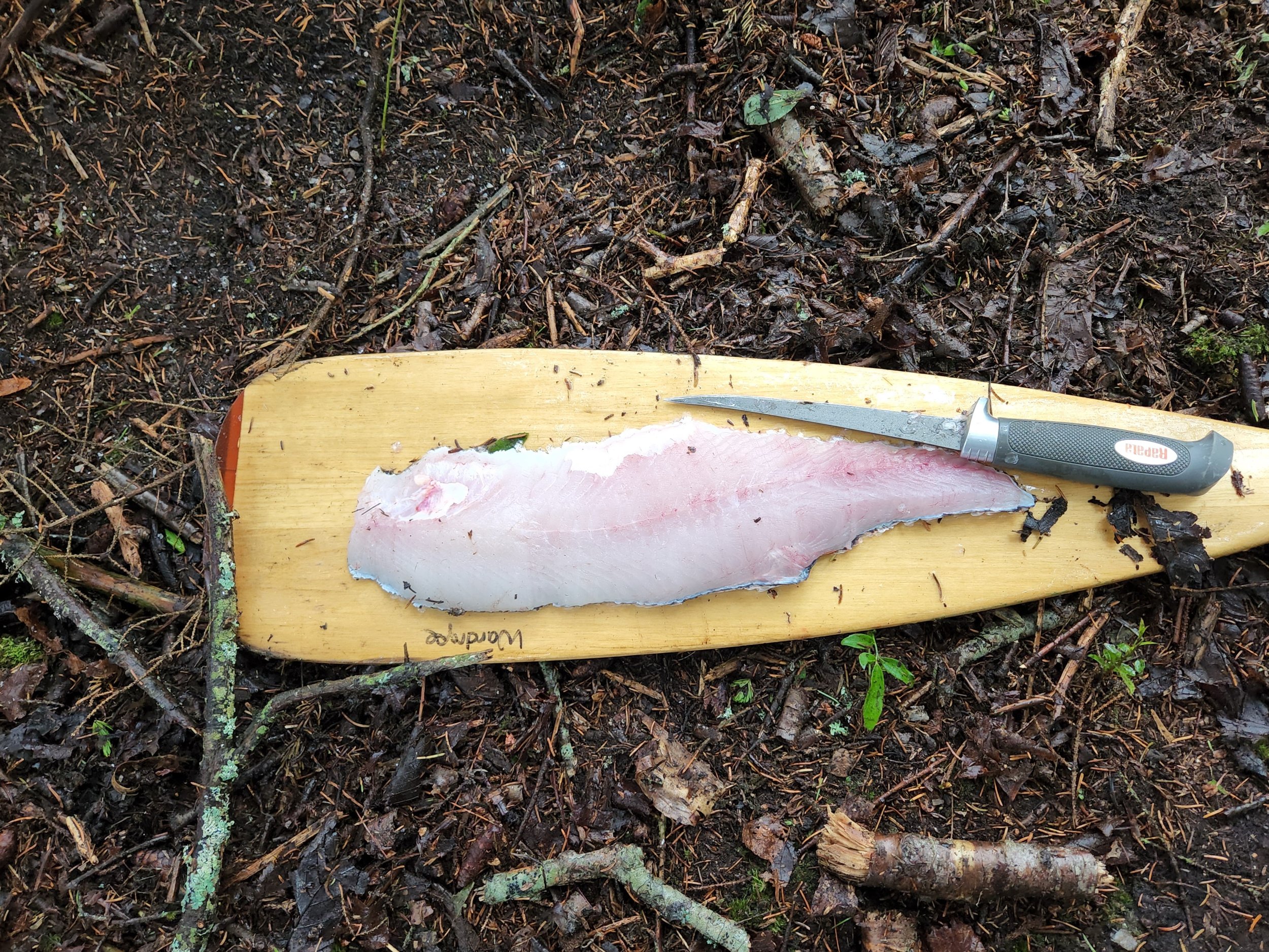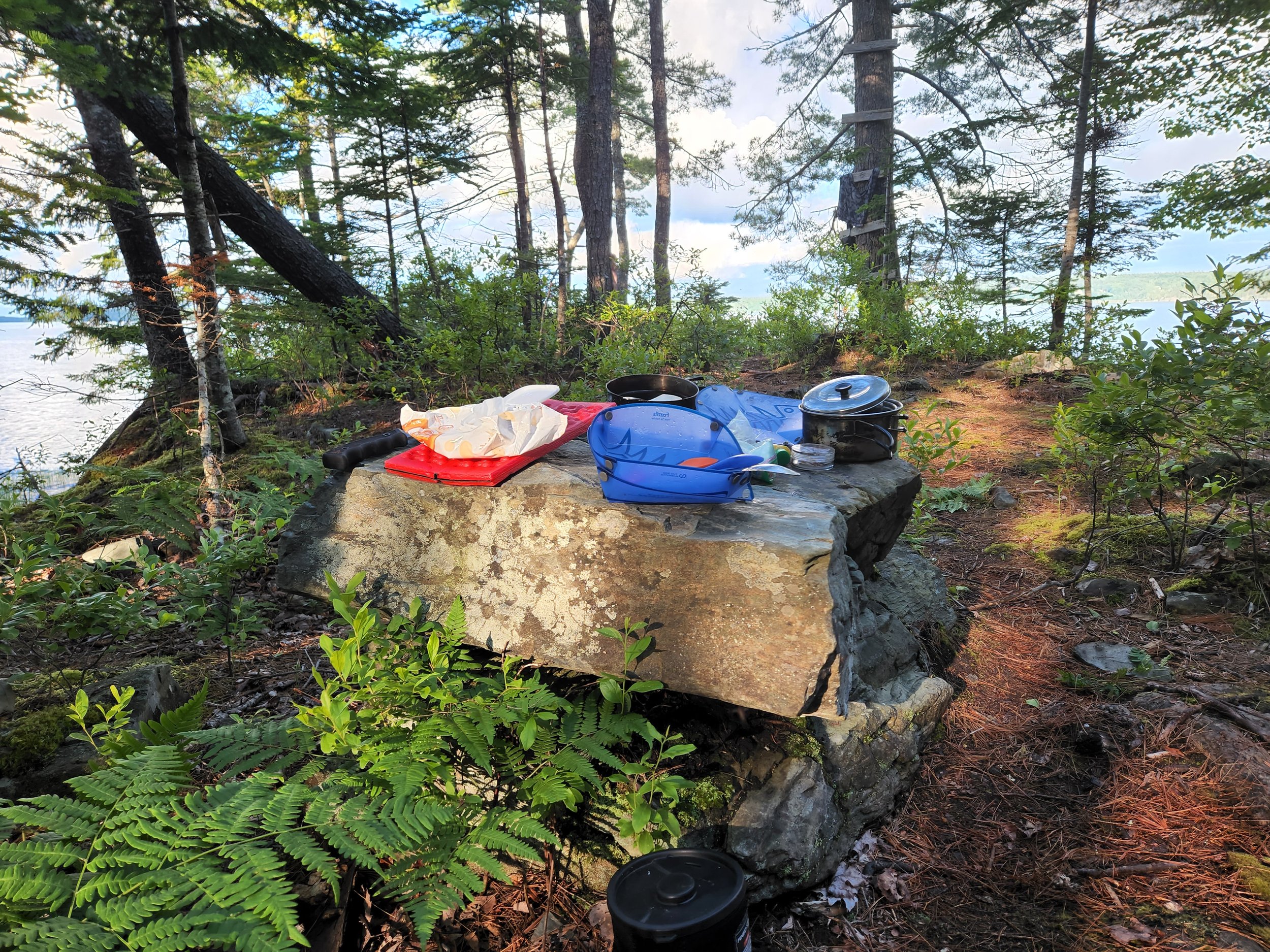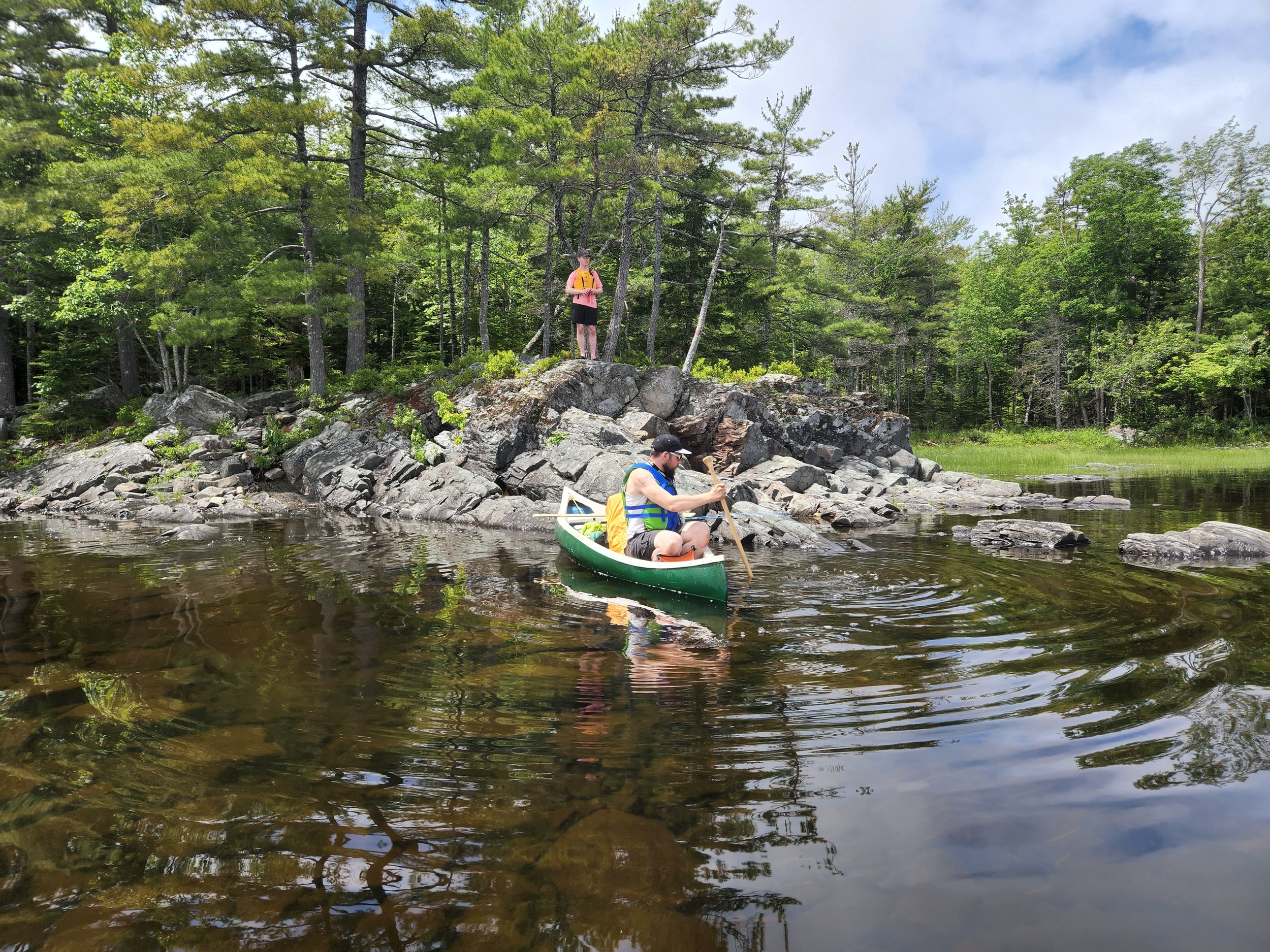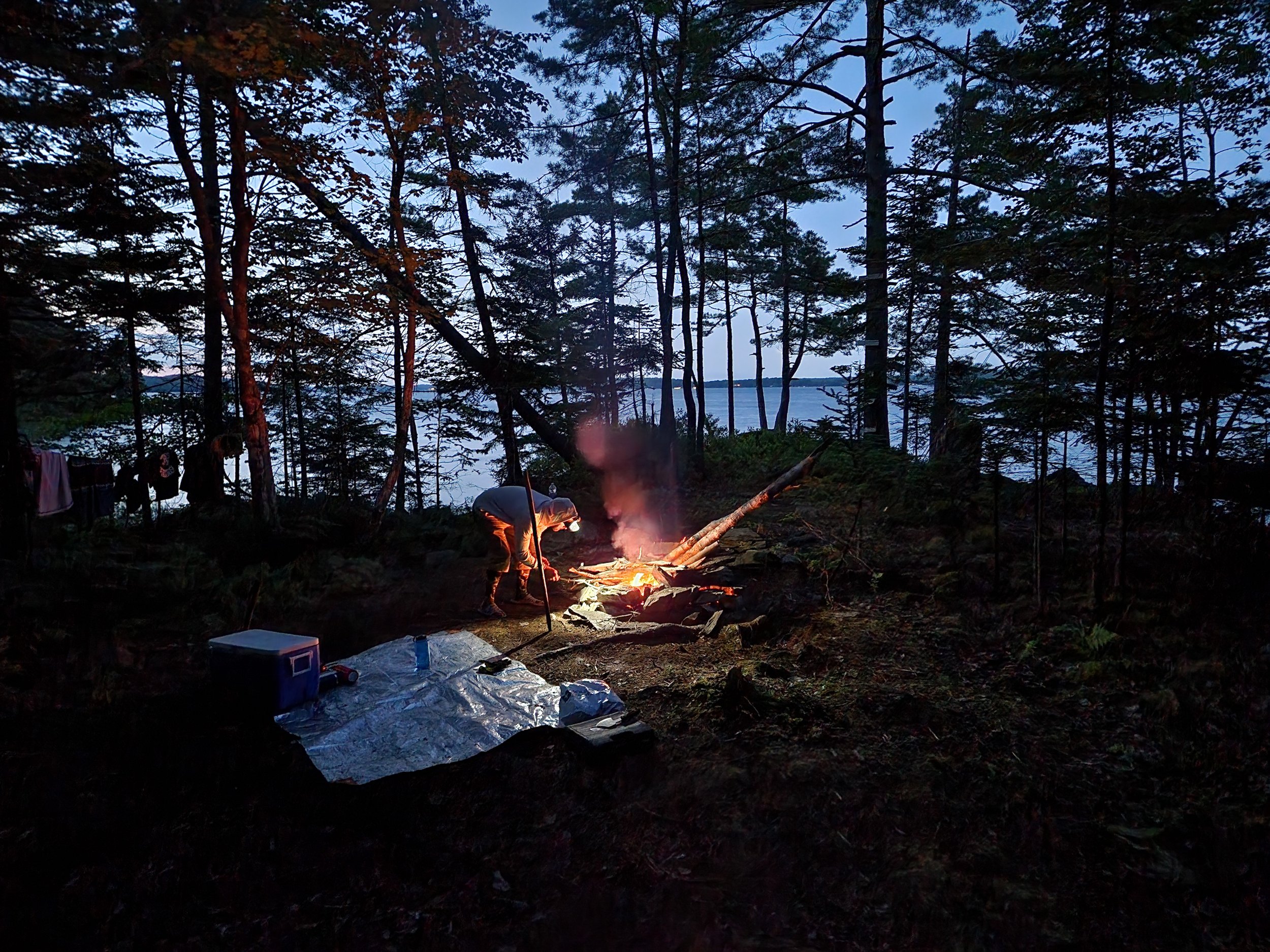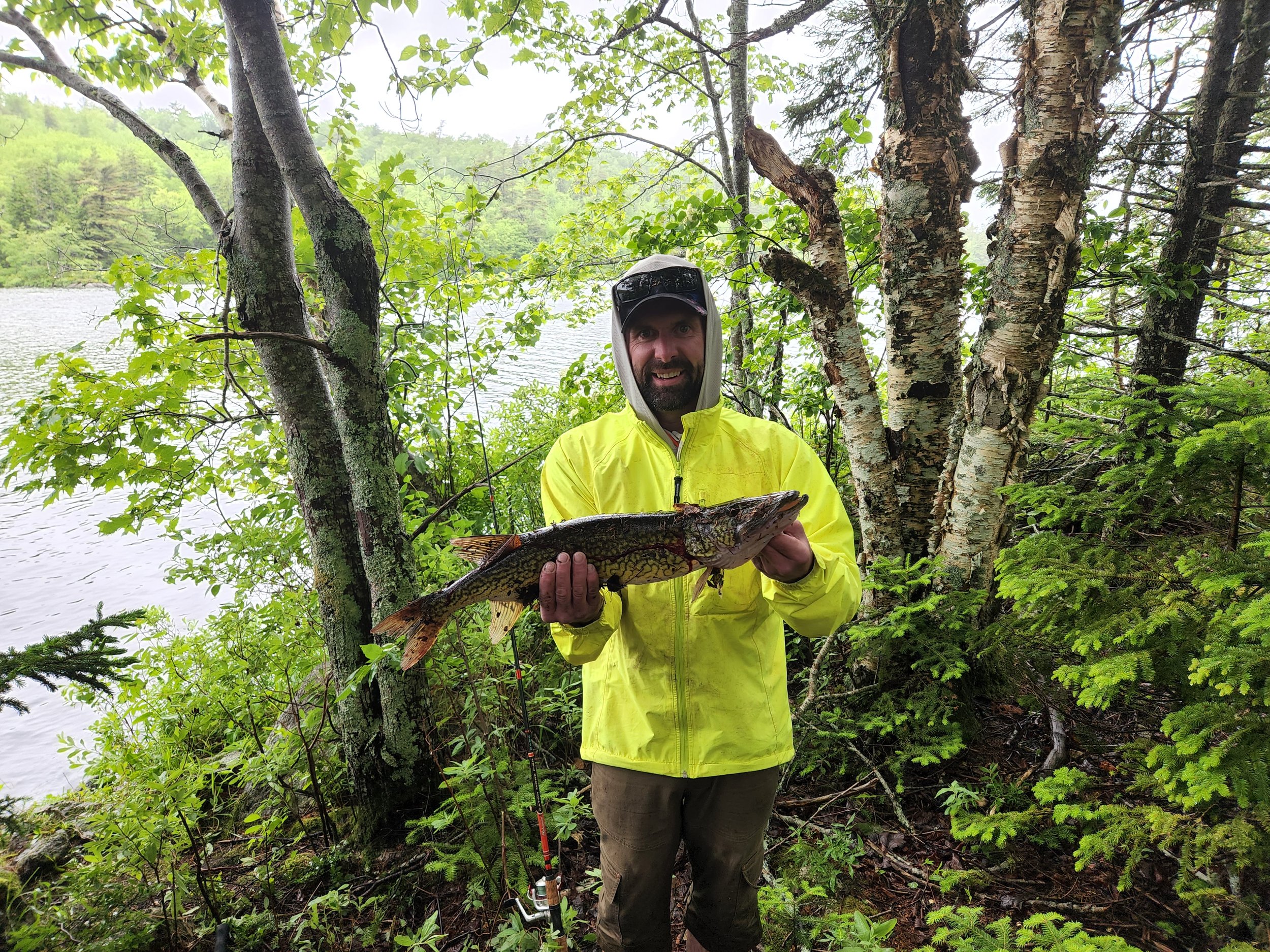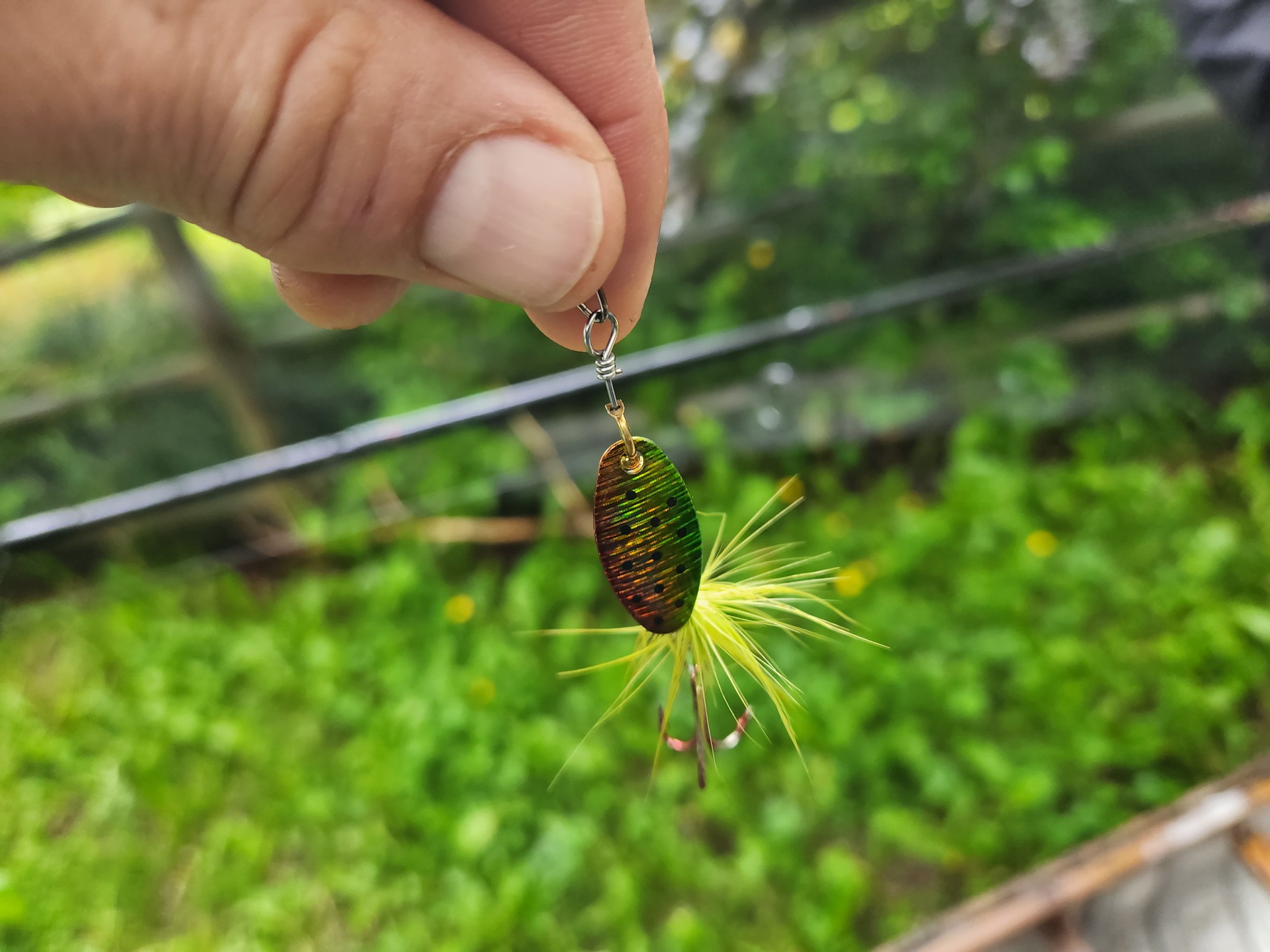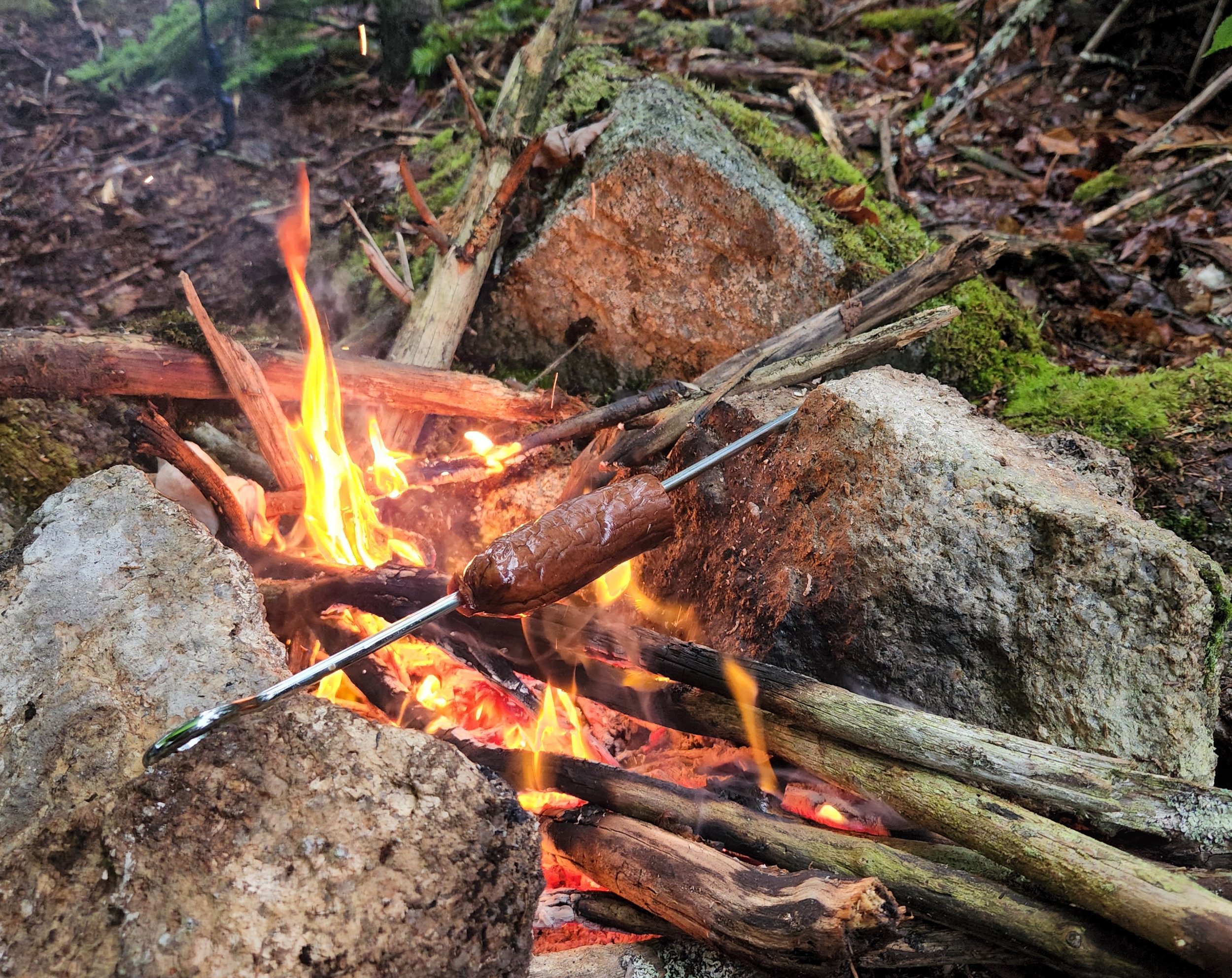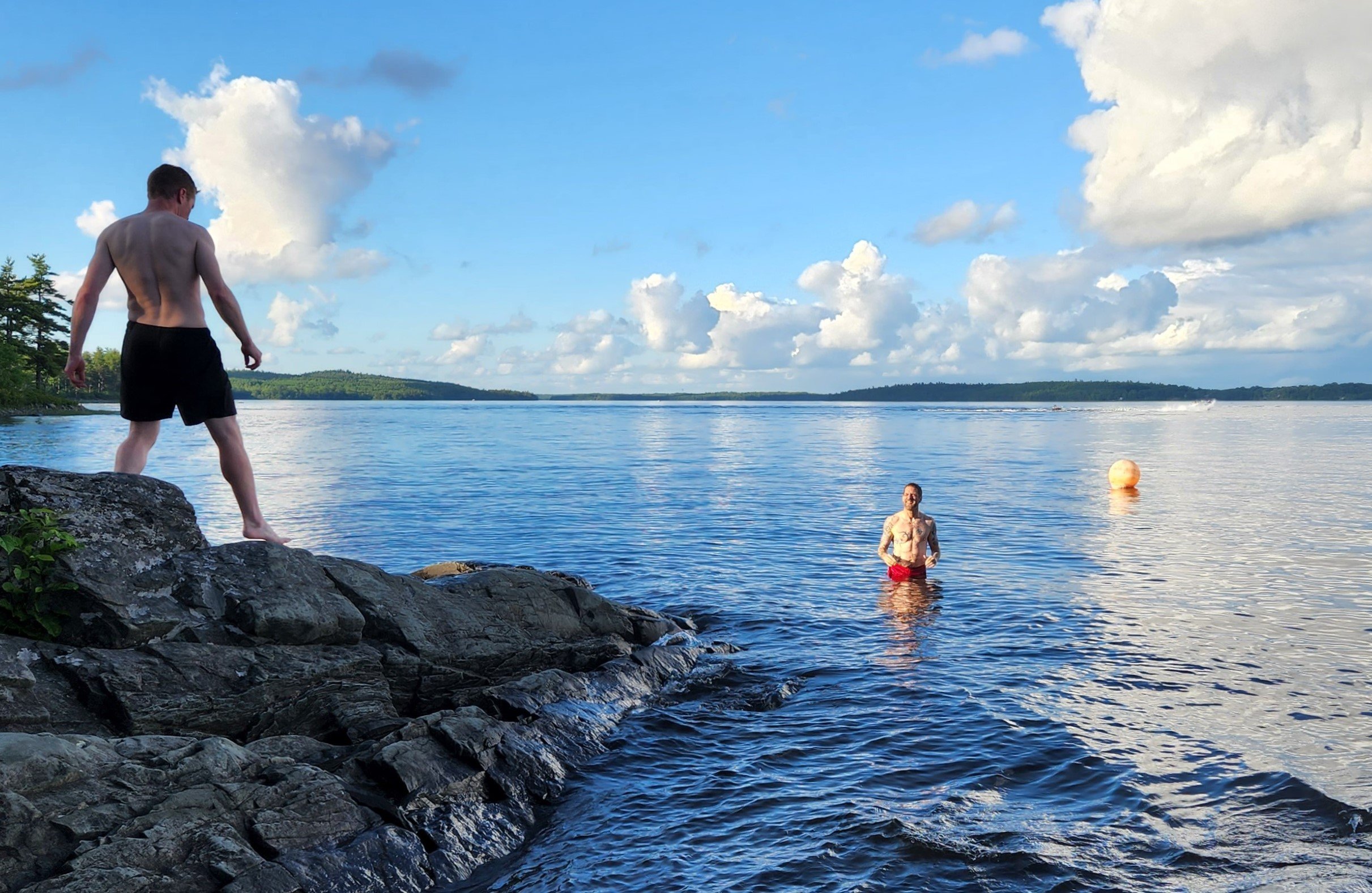By Jeremy Hull
This is the third article in a series of tourism stories about ways to enjoy the Shubenacadie Waterway, funded through the Shubenacadie Canal Commission’s Transitions project. Check out A River Runs Through It by Nancy Stapleton and Date Night at the Fourth Lock by Helen Earley, and check back soon for more!
The Shubenacadie Canal System ranks among the more costly missteps in the history of Nova Scotia. The canal operated as a shipping route, but the eastern branch (Halifax-Truro) of the Nova Scotia Railway opened in 1858, just a year after the system began operations. The canal enjoyed some successful years, but it was outperformed by rail, and closed in 1871. The project left Nova Scotians with a waterway that cuts through the middle of the province and unites the Atlantic Ocean with the Bay of Fundy. Communities arose with shared purpose along the system. The canal didn’t last as a shipping route, but it is a recreational success with intrepid explorers.
Jeremy fly fishing on Grand Lake.
There is poetry in planning a fishing trip on a failed canal. Anglers embrace frustration. There are more casts than there are fish, and there are plenty of days without a bite. Timmy and I grew up fishing along the Shubenacadie, behind his parent’s house. We know these waters, but we have a cursed history. When Timmy and I fish, something always goes wrong. I refuse to blame our poor planning or fishing abilities, so I maintain my superstitions.
We schedule our departure for the last Friday in June, when the water is high enough to minimize portaging. We wake up to rain. Not a quiet drizzle. This is a steady coastal shower that promises to last all day. We stay back, watching the sky, and hoping Nova Scotia lives up to its reputation for rapid weather changes. After two hours the rain is still falling but we’ve been dreaming of fish all week. An uncomfortable morning is starting to feel like a small price to pay for a wild caught dinner cooked on a fire. Fortified by two pots of coffee, we put in south of Lock Four in Fall River, at ten thirty in the morning. Our canoe is old, but it’s seaworthy, even if Timmy and I are not. The right gunwale is warped, so the boat pulls to the left. It’s fine while the water remains calm, but white caps kick up on Grand Lake in high wind. The quirks in our old canoe could become concerns in rough water. Understand your equipment and respect your proficiency. Timmy and I focus on keeping our bow straight until we reach our first portage.
Timmy on the trail at the first portage.
We put back in at the southern tip of Fletcher’s Lake. Timmy reaches for his spinning rod. He’s brought an arsenal of tackle to land one of the big chain pickerel in Fletcher’s. By eleven we both have a line in the water, and we aren’t worried about the rain anymore. Timmy strikes first, landing a smallmouth bass. We decide it’s not big enough to keep, but it’s encouraging to be on the board.
Not a keeper.
The next fish to rise is so long it looks like an eel when it rolls. It’s a big pickerel. Timmy is using a plastic frog, skimming it over the water with little tugs so it looks alive. The fish buys the ruse and snaps up the lure. Timmy pulls the line up tight and reels it in. I reach for the net, but the fish shakes free just as it’s breaking the surface. We watch it disappear into the depths and take a moment to lament our loss. Timmy casts to the same spot and soon enough, he hooks the fish again. I reach for the net, but this pike is clever enough to spit out a plastic frog twice, even if it’s foolish enough to bite on it more than once. We fish the spot for another fifteen minutes but this fish has learned its lesson. When the rain starts falling in sheets, we decide we’ve been outsmarted and that it’s time to set up camp.
Paddling on Grand Lake.
A short paddle brings us through Lock Five into Shubenacadie Grand Lake. We reach our camp site at Laurie Provincial Park after a relaxing, if wet, morning on the water. The walk-in sites at Laurie are situated on the banks of the lake. We’ve booked online so we can pull our canoe right up and find a perfect spot to swing a hammock. With our gear off the ground, we spend our time casting from shore and turning our campsite into a cozy lounge. Timmy calls out while I’m building the fire. I arrive at the end of a short fight, and watch a twenty-four-inch fish, rolling in like a log.
Timmy and I came by our fishing acumen patrilineally. Our fathers taught us that pickerel aren’t worth eating. While Timmy’s been strategizing to catch one, I’ve been researching how to cook one. I mangle the first fillet because I’m too impatient to sharpen my knife, but I correct the mistake and the second side comes away clean. I forgot my salt, so I season it with crushed cashew dust, dehydrated coconut milk, curry, and lime. The dense white meat reminds me of swordfish. Exhausted, dry, and full, we turn in ater dinner. The crib board doesn’t even make an appearance.
We pack out early the second morning. We’re meeting friends to camp on the western side of Grand Lake. We can’t resist fishing enroute, and I get on the board early when I catch a nice bass. It’s encouraging to have a start on dinner when we collect our friends. We paddle up the western bank and choose a spot from among the campsites peaking through the trees in Sleepy Cove. This area is Crown Land and people are welcome to use the cleared sites so long as they leave no trace. We’re happy with the one we’ve chosen when the bass start biting at sundown. We catch our fill and prepare a backcountry dinner party. The stories begin when the first log hits the fire.
Campers planning an overnight adventure on the Shubenacadie River Canal would do well to make for the Western Bank of Grand Lake. Anglers should pack a spinning rod with live bait, a selection of lures, and a frog to attract large pickerel. Fly fishers will find shallow shelves along the banks, making most sites perfect for wading. I had success with a custom-tied purple mayfly, but once the bass started biting, they were taking just about everything we gave them.
Nova Scotians are successors to a failed canal that illustrates the wisdom of anglers. When you cast enough line, you’re bound to catch something. A gaff as large as a canal is a perfect setting for failures to gather by fires, tell stories, and dream of large fish.
All photos credit to Jeremy Hull.





